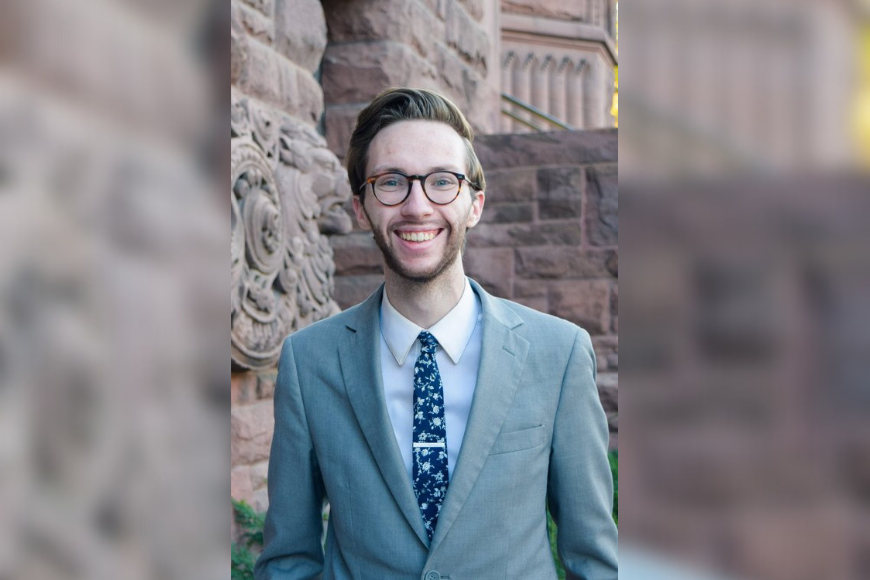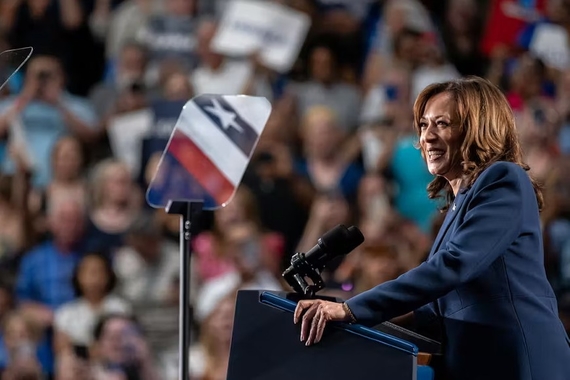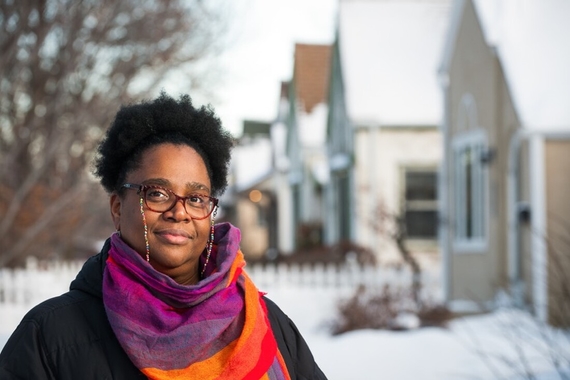Carter Yost: Organizer, Communicator, Leader
Truman Scholar Carter Yost’s interest in public service dates back to preschool (it’s true). Today, he is an organizer, speechwriter, political strategist, and triple-major in three CLA majors. Carter is committed to using storytelling skills to make the world a better place.
What inspired you to pursue your three majors?
I had the benefit of taking a gap year before college, working 80-something hours a week on Pete Buttigieg’s presidential campaign. Because of that, I came into college with a fairly focused sense of what I wanted to do. So I think I was able to think about what kind of academic coursework best complemented that work, and that led me to communications, political science, and history. I think all three of those majors are relevant in quality speechwriting, and all three of those majors are innately connected. The way I see it, strong communication stems from strong comprehension, and you have to have a strong understanding of the historical factors or inequities that led to this moment in order to discuss how we move forward. It’s definitely led to a busy college career so far, for sure… probably close to 20 credits/semester plus various jobs and advocacy roles. But I hate not having stuff to do, so it works out okay.
What activities are you involved in?
Since my freshman year, I’ve been a part of the University Senate, our Undergraduate Student Government (USG), College Democrats, and just generally pretty involved in campus advocacy work. In my first year, I was active in getting the University to adopt the Race, Power, and Justice liberal education theme. I guess I just have a moral problem with the idea that someone could graduate from this college, in this city — studying just a few miles from the intersection where George Floyd was murdered — and never have had to talk about race or systems of injustice. I also led the fight for $15 campaign last spring to raise the campus minimum wage and the Row The Vote initiative this past fall, both of which were exhausting and exciting and entirely worth it.
Currently I serve as the Government and Legislative Affairs Director for UMN’s undergraduate student government (USG), which oversees all of our external policy advocacy work at City Hall, the state legislature, and in D.C.
It’s funny to think about, though, because when I was in high school I feel like I was doing 20 different things all the time, and now I’m only actually involved in a handful of organizations. But one of the things I’ve learned as I’ve spent more time on and off campus is that the best thing I could do was dig in as deep as I could with the stuff I really enjoy. So I’ve tried to find places I could plant my feet and help make a tangible positive difference.
When did you become interested in public service?
Well, I grew up in a remarkably politically-conscious, liberal, Aaron Sorkin-y, Scrabble-playing kind of family, which helped a lot. I was raised in Lincoln, Nebraska, which is this blue dot in an increasingly red state, so most of my life had involved that skillset of trying to work productively on common interests even when you fundamentally disagree on other stuff.
That said, my pathway to politics was, uh, relatively partisan. When I was three, I got sent to timeout in preschool because I threw a tantrum when I found out George Bush had been reelected; I remember being 7 or 8, running those weird laps around a parking lot or whatever that you do in elementary school, pleading with my friends to tell their parents not to vote for John McCain; I remember getting into really heated exchanges in middle school with some classmates who didn’t think gay people should be allowed to get married. Honestly, looking back, I guess it’s sort of weird that it took me as long as it did to figure out that politics was something I should be doing for real.
That upbringing instilled this core belief that if I had the chance to be doing something that was helpful for other people, it was dumb to not do that.
Prior to joining the Pete campaign, I had been involved in theatre and performing arts for most of my life, probably around a decade. During my senior year of high school, though, I started working for a local mayor’s race and just had this realization like ‘oh this skillset that I’ve developed as an actor is remarkably similar to this.’ The Greeks figured that out a long time ago. It’s about storytelling, it’s community-focused, it’s recognizing that the words we use matter, and that emotion is central to all of those things.
Those campaign experiences led to a lot of moments where the words you use are pivotally important. Whether it was talking to voters on a freezing porch in rural Iowa or (literally) Area 51, the experience of pleading with people to vote for a millennial, gay, liberal Democrat is a pretty decent crash course in political communication skills.
What’s next?
The funny thing about predicting long-term in politics is that things change and so often, it’s out of your control. I have one year left in school, and I’ll continue to work full-time at the Legislature and be a full-time student. I know that I want to continue to be in this space, to occupy some kind of longer-term role in political communications. I’ve been doing speechwriting and organizing for the past few years, and it feels like this gratifying intersection of the work that I’m passionate about and the skills that I’m decent at. Ultimately, as long as I’m able to look back and feel like I was spending my time earnestly improving the quality-of-life for the communities around me–and nowhere near me–I’ll be fine.
What does a liberal arts education mean to you?
The work that I do in political communications is of course about conveying what we’re doing when it comes to public policy outcomes, but also affecting how people think and feel about it. And that matters just as much. I think it’s difficult to do that in a way that is just and fair if there isn’t a strong grounding in the rationale behind it and the contexts informing the moment we’re in. There are histories of political, economic, racial, and gender injustices that have culminated in generational inequities in… just about everything. To me, a liberal arts education is about explaining and examining how and why we arrived at wherever we are. And if you don't have that context and that understanding — if you lack a sense of how other communities are impacted or might react — how are you supposed to fix any of the problems we’re facing?
That’s the work I get excited about, trying to bring aboard the people otherwise indifferent to these injustices and content with maintaining the systems that have produced such unfair outcomes. A huge part of that comes from learning and teaching and talking with one another – and also understanding what you just can’t know or others are better positioned to lead



